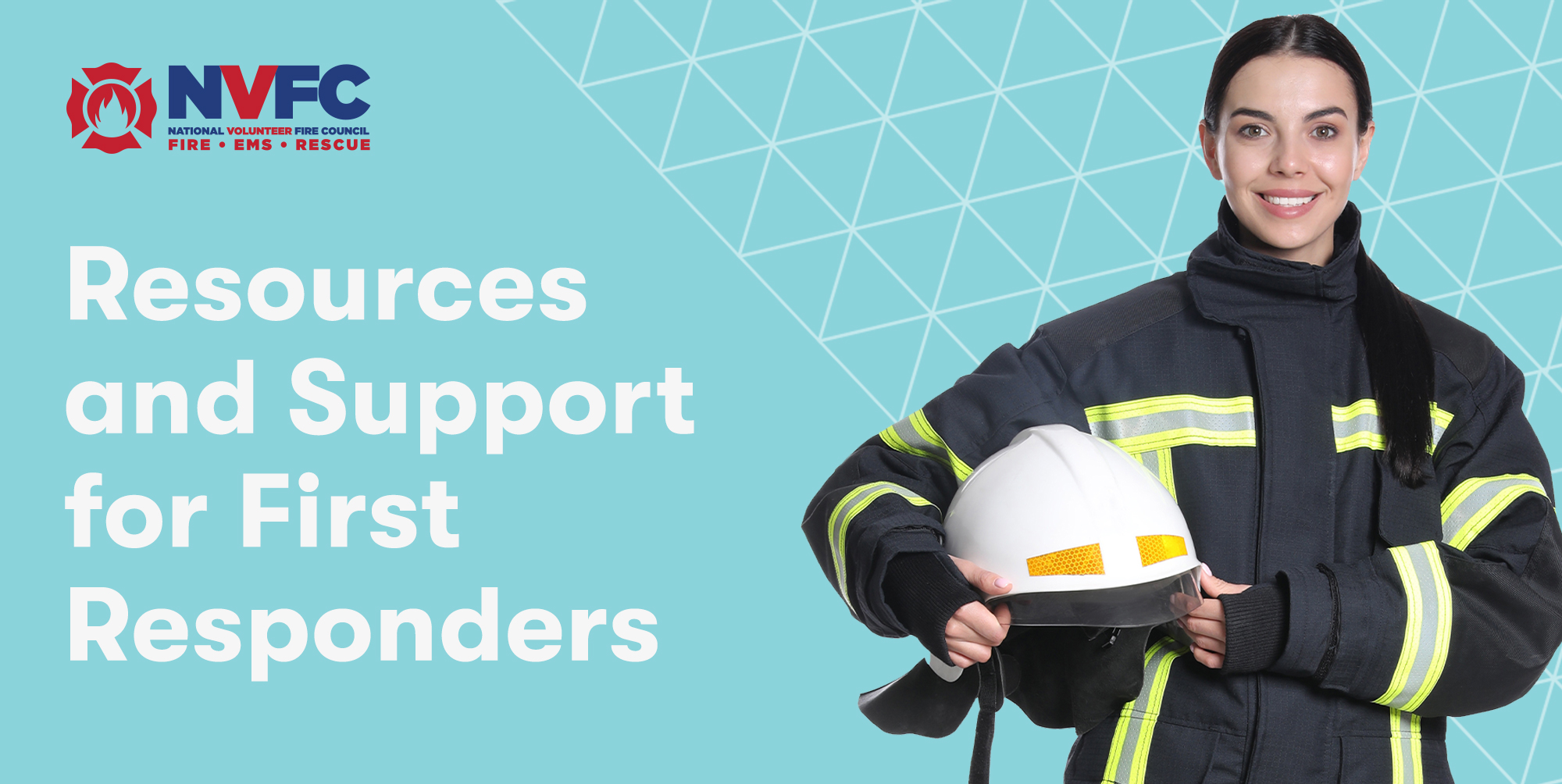Resources and Support for First Responders
NPPGov strives to support those who support us in our most vulnerable and greatest times of need. We work with many public safety organizations around the country, and we see the increasing challenges they face each year.
Additionally, the essential workers that make up these organizations like firefighters, EMTs, rescue workers and more face daily pressures that can have a lasting impact on their mental health and wellbeing.
This article will discuss some strategies that first responders and public safety organizations can use to handle stress and find ways to bring their best selves to the jobs they care so deeply about.
How to Support the Mental Health and Wellbeing of First Responders
Fight the stigma around mental health conditions
One of the biggest barriers to seeking help for mental health issues is the stigma that surrounds them. Many first responders may feel ashamed, embarrassed, or weak for admitting that they are struggling. They may also fear negative consequences at work, such as losing their job, being demoted, or being ostracized by their peers. To overcome this stigma, we need to create a culture of openness, acceptance, and compassion in our workplaces. We need to encourage first responders to talk about their mental health, share their experiences, and seek help when they need it. We also need to educate ourselves and others about the signs and symptoms of mental health conditions, and how to access the available resources and services.
By partnering with the NVFC, NPPGov members can show their appreciation and support for the first responders who serve their communities.
The mental health and wellbeing of first responders is a vital issue that affects not only them, but also their families, colleagues, and communities. By fighting the stigma, providing prevention and intervention programs, and partnering with organizations that offer specialized support and resources, we can help our first responders to stay mentally and emotionally strong, and to continue to do their heroic work.

